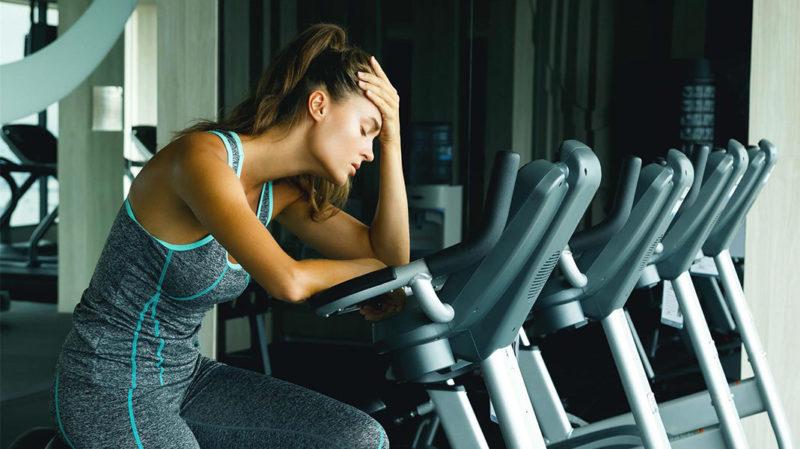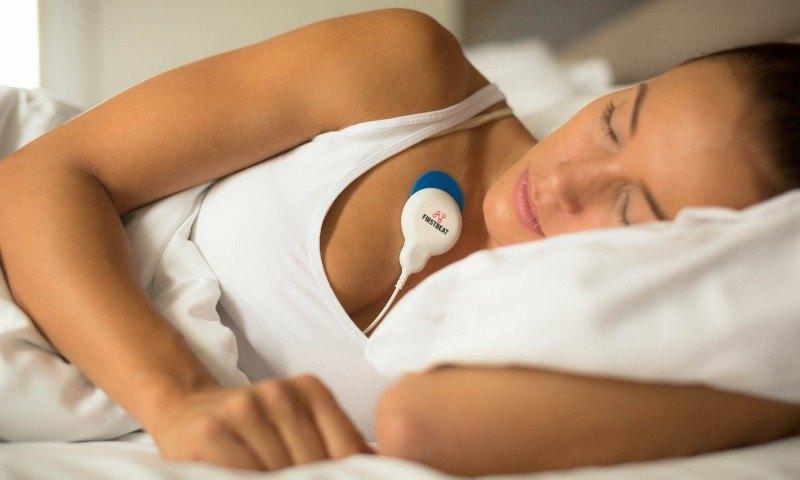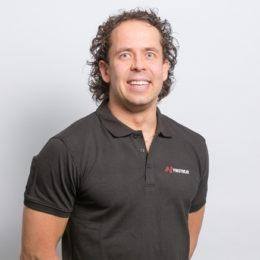
In Finland, 20-30% of adults take part in alcohol-free January to break off a pattern of heavier alcohol use associated with the holidays, and similar campaigns have surfaced internationally, at least in the UK (‘dry January’) and USA.
People can feel empowered when they take a break from regular drinking, if only to prove that their drinking is not addictive, but without a controlled follow-up study, it’s hard to say exactly what the physiological benefits are. It would depend on many factors, for example overall health and obviously, the amount of alcohol normally consumed. Without getting too clinical, it’s probably safe to say that if you drink too much year-around, one alcohol-free month is not going to ‘save you’, whereas if your drinking is very moderate, you might not notice much of a difference when you drop it altogether. That said, if you splurged in some heavier holiday drinking, cutting it off can give your liver a break, improve your sleep quality, help you get rid of the extra holiday pounds, and launch into the New Year with more energy. The negative effects of alcohol on sleep are undeniable and backed by a lot of research. The graph below is from a study that utilized the Firstbeat database, showing the obvious dose-response relationship between alcohol and minutes of good-quality recovery during sleep.

Figure 1. Firstbeat database shows that the more you drink, at any age, the less recovery you get during sleep. (Calculated for 80kg of body weight.)
I decided to test this myself and see how an alcohol-free month affects me. Would I notice some benefits, such as increased energy, better sleep, or even improved heart rate variability (HRV) during sleep? For background, my ‘typical drinking week’ includes 1-2 glasses of wine a couple of times per week, and an occasional beer after sauna. In December, it was a bit more than this, and when added to travel, end-of-the-year hurry, and hosting overseas holiday guests – a booze-free January seemed like a great idea! Based on past measurements, I know that already 2 drinks influence my sleep quality and the effect quickly potentiates if I drink more. This is seen both in a Firstbeat Lifestyle Assessment report (Fig 2) and in the sleep data that my wearable band provides – and backed up my subjective feelings. Countless people who have undergone the Firstbeat Lifestyle Assessment, or who self-monitor their sleep have found the same. At least if the device measures heart rate and HRV … if it only measures movement, the result can look deceptively good: alcohol-aided sleep might be motionless, but that does not translate to good quality.
I conducted several measurements with the Firstbeat Bodyguard in Nov-Dec-Jan and monitored the data that my wearable provides. When I compared nights with 2-3 drinks to nights with no drinks, with no other obvious factors interfering, the physiological result was significantly better on the non-drinking nights: lower resting heart rate, higher HRV and more recovery minutes. No surprise there. When I included nights with one drink, it got a lot fuzzier. I’m a challenged sleeper: sometimes I do all the right things, but the sleep can be fragmented and of poor quality. Other times, a long, busy day, maybe travelling and even having a drink might be followed by good sleep. However, looking at facts and based on my own experiences, I do believe that our lifestyle and behaviors play a big role. There is a lot we can do to improve the odds of sleeping better, but with real-life events, emotions and hormones added to the mix, the conclusions are not that straight-forward. Excessive reliance on data can even cause undue stress; “I thought I slept well, but apparently not: the data doesn’t think so…”

Figure 2. Friday in December: 2.5 units of alcohol after a normal workday and light afternoon exercise. Resting HR 57.

Figure 3. Friday in late January. Normal workday with easy exercise in the early evening. Resting HR 52.
Figs 2 and 3 show a typical contrast between my not-so-good vs. good night: the only obvious difference being the consumption of alcohol. There is significantly more stress (sympathetic nervous system activation) and the restorative effect of sleep (combination of sleep duration, amount of recovery and heart rate variability) is a lot worse the night when I had drinks. I had more nights like Fig 2 in Dec than I did in Jan, and overall, my sleeps in January were better, even if a very significant, overall improving trend in the values that I was tracking did not emerge (resting HR, HRV during sleep, recovery %).
One obvious conclusion is that the difference between my drinking and non-drinking month was not big enough to really demonstrate change; for that, I should have drunk more in Dec! But it was an interesting experiment, and I recommend a booze-free month as a valuable check, prompting you to take a look at your drinking and making sure the habit is not running your life. For me, seeing the hard evidence that heartbeat data provides, and knowing how crucial good-quality sleep is to health and well-being, it’s a no-brainer to remain very mindful with drinking. That said, there is more to life than data and strict guidelines. Everyone has to figure out for themselves how to get the balance right.
Personally, I don’t feel that my wellness is compromised by occasionally having a drink or two. My half-serious / half-tongue-in-cheek conclusion? Don’t have drinks just because it’s Friday night, but sometimes it’s ok to have drinks just because it’s Friday night … 😊 I did, after my strike was over: I didn’t monitor my sleep with any gadgets that night, but subjectively speaking, I slept very well. Sometimes it’s ok to just trust that!
Firstbeat Life is a wellness solution that offers near-laboratory accurate date about your well-being.
You might also be interested in

The Big Picture of Wellness – Stress Management, Good Sleep and Nutrition Go Hand in Hand
Weight management and healthy eating are issues that wellness professionals face every day with their clients.

About Exercise, Alcohol and Recovery
If the goal is to improve fitness, training must be matched with good recovery. One of the factors known to have a negative effect on recovery is alcohol.

Facts About Sleep: “Night is a Picture Painted with Daily Choices”
The basic elements of well-being can be grouped into three main categories: exercise, rest and nutrition. The technology provided by Firstbeat focuses on the exercise and rest categories to offer…


